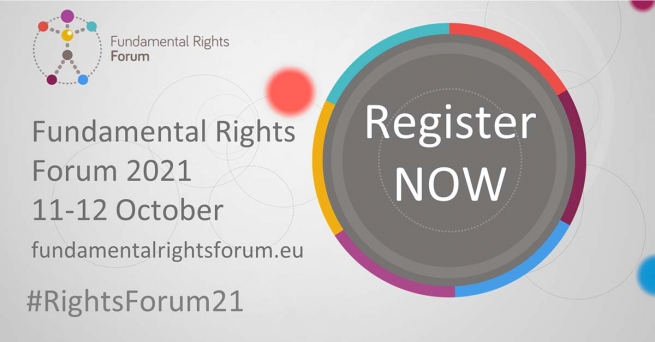In this year’s edition of the Forum, some sessions will take place in physical presence in some European cities, such as Wien (where the EU Fundamental Rights Agency’s headquarters are based), while some sessions will take place online. Among the latter, from 5.45pm to 6.30pm on Monday 11th of October an interactive session is co-organized by Don Bosco International together with a partner civil society organization, SOS Children’s Villages International. The joint session is entitled « Partnerning with young people for social inclusion ».
Both co-organizers believe that we can break the cycle of child poverty and social exclusion through the EU Strategy on the Rights of the Child and the European Child Guarantee only if children and young people are partners, not just recipients, in the design and delivery of national action plans and services. The session therefore shows how public authorities and service providers can develop partnerships with children and young people at local, national and international level. Participants will learn about and exchange on good practices and EU-funded projects from Spain, Italy, Lithuania, with young people from alternative care, precarious family situations and migrant backgrounds.
Within the Salesians of Don Bosco’s network in Europe, Don Bosco International identified a good practice from the Salesian Social Platforms in Catalunya, Spain. An educator from the « Plataformas Sant Jordi » of Girona and two among the young people who were agents of this good practice will join one of the session’s panel as speakers, in order to present their experience within the so-called « Neu » project.
The « NEU » project aims to raise awareness among the communities of reference, especially young people, about the richness of a society that is diverse and plural, carrying out awareness-raising actions in the neighborhood. They seek to work out the prejudices, rumors and stereotypes that may exist due to the existence of different cultural realities.
It is the young people themselves who decide how they want to do it: some of them they chose photography, others the realization of videos, because they considered it to be the easiest way to show reality. For these young people, the realization of the project has meant a better knowledge of their neighbourhood and its people. They are happy with the result and the acceptance it has received.
Here one can watch one of the visual outputs of the project.
You can still go on the Fundamental Rights Forum’s website, search through the programme of the Forum’s first day and register to attend this session.
Further information:


